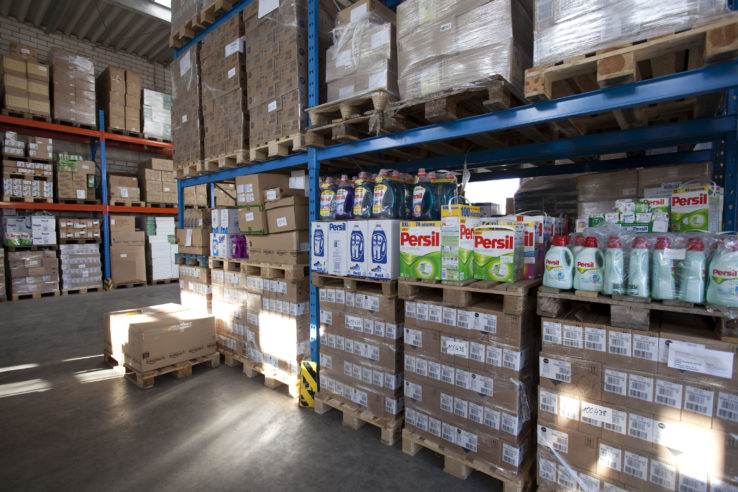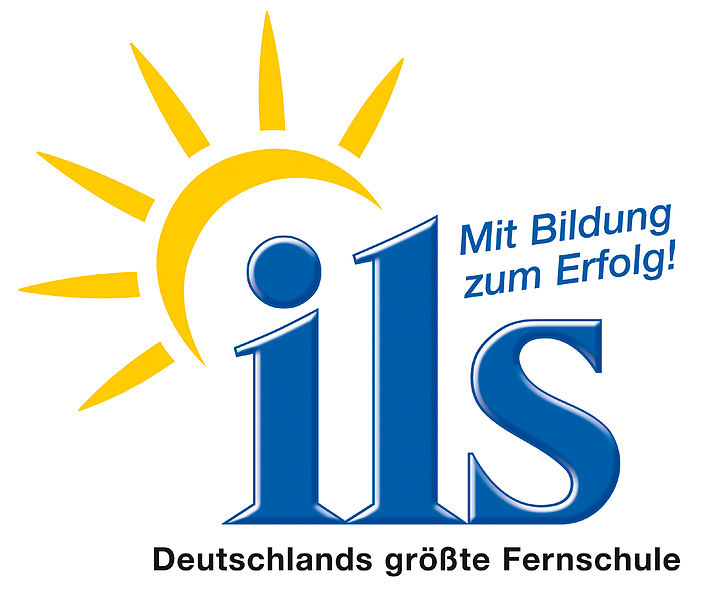Innatura and Beiersdorf team up to donate new products to non-profit-organisations. As part of our project CE-RESPONSIBLE we share the success story of this collaboration.
It started with tons of shampoo, which were waiting to be thrown away because of wrong labeling in the courtyard of Dr. Juliane Kronen’s former colleague. To avoid this waste, she called non-profit organizations across Germany and offered to donate these products which were all in perfect condition. Unfortunately, she was not able to find a recipient and so the shampoo products went to waste. In response to this incident, Dr. Juliane Kronen decided to create the social enterprise Innatura gGmbH (https://www.innatura.org/), which is based in Cologne.
The company collects brand new consumer goods like toys, personal hygiene products or household items from over 120 manufacturers and retailers and distributes the donated products to registered charities. Innatura is building a bridge between charities and companies who want to give, but do not know to whom. This model is called “charity-to-charity”. The method combines improving their environmental footprint of corporations and creating social benefits for people in need.
The receiving non-profit organisations represent all sectors of social work, such as children’s homes and homeless shelters, refugee assistance services and other social institutions which use the products for their own operations or distribute them for free to their beneficiaries.
Innatura is modelled after a similar social enterprise called “In Kind Direct” (https://www.inkinddirect.org/), which was founded by HRH The Prince of Wales to match surplus with need.
“Together with Innatura in Germany and Dons Solidaires in France, these three charities are promoting the idea of product philanthropy and have collectively convinced over 1,300 donor companies to entrust them with the distribution of donated products worth over 300 million euros to over 8,000 charities. Together, more than 25,000 tonnes of goods have been diverted from landfill.”, explains Dr Juliane Kronen in an article for british magazin “Progressiv Post” (https://www.innatura.org/publications/innatura-in-the-progressive-post/).
One of innatura’s first partners and donors has been the Beiersdorf AG (https://www.beiersdorf.de/), which provides a wide range of body care products from brands such as Nivea, Eucerin and Hansaplast. For reasons such as underfillings, mislabeling, relaunches (i.e. new packaging etc.) or just overstocking, brand new products are discarded in large quantities.
Even if a company donates products and does not receive any revenues for them, they must be valued at replacement cost according to German legislation, and VAT is incurred. That is why disposal often seems to be the cheapest and easiest way to get rid of products, which cannot be sold. By cooperating with the innatura gGmbH, Beiersdorf AG found a better solution to this problem and donates products that are not suited for sale.
Innatura has partnered with a wide range of corporates, such as Amazon, Procter&Gamble or the WMF Group GmbH, yet the partnership with Beiersdorf AG has been the first. It is a win-win situation: Beiersdorf and other corporations profit because they can show their corporate social responsibility by donating their own goods and avoiding waste, innatura profits from receiving items directly from the corporates to distribute to charities, and people in need benefit from this support.


